Professor of Political Economy and founder of the Centre for Values in Leadership (CVL), Pat Utomi, has announced efforts to mobilise over 7.2 million Nigerians to occupy Abuja in protest against oppression and bad leadership unleashed on the citizens by the ruling elite.
Speaking during his weekly Tuesday Tonic broadcast, Utomi said the exercise, which is tagged “Freedom Converge,” will be to occupy the capital city until freedom returns to the Nigerian people.
Join our WhatsApp ChannelHe said the movement was spurred by the need to address a deepening crisis caused by the ruling elite who take decisions for their personal gains at the expense of the ordinary citizens and the sustainable development of the economy.
Utomi highlighted the ugly situation of Nigeria’s political and socio-economic landscape and attributed it to behaviour of political leaders who install a system of state capture, and weak institutions to serve their selfish interests.
“We’re planning to bring 7.2 million Nigerians into Abuja to occupy it until freedom goes back to the Nigerian people,” Utomi declared.
“The crisis is deeper and much worse. And if we don’t halt it, there’ll be no future, I can assure you,” he added.
He noted that while progressive-minded Nigerians push for a true federal structure to solve the problem of governance and economic development in the country, the ruling elite prefer the rentier system that profits them more than the generality of the people.
READ ALSO: The New Tribe: We Seek Values Revolution For Nigeria’s Progress – Utomi
Utomi made reference to recent public comments by Pastor Tunde Bakare on bad governance in the country. He said Bakare highlighted symptoms of national dysfunction such as state capture, a weakened judiciary, and what he (Utomi) described as “the completely useless 10th National Assembly.”
He said President Bola Tinubu’s administration’s policies may be a stimulant to the national crisis, but it definitely goes what the administration caused.
The CVL founder said: “There’s such a much deeper crisis of elite,” adding that the problem of the country’s leadership had been there for many decades, going back to the 1950s when the calls for good governance necessitated the creation of a federal structure.
However, ““The long-term good of Nigerian people doesn’t seem to quite strike them (the elite) when they get this opportunity to take care of themselves. And this is really the Nigerian tragedy,” Utomi lamented, adding that “this is part of what this whole movement is all about.”
READ ALSO: Economic Crisis: Nigeria Has No Option Than To Produce For Food Security, Forex Stability – Utomi
Continuing, Utomi emphasised the need for grassroots campaign to enlighten the people about “how a country can care for everybody; how a country can be led by the right kinds of people not a criminal enterprise; how a country can develop a strategy for national growth that would make us not just be like our peers, but surpass them.”
Citing Indonesia as a classical example, Utomi lamented that Nigeria’s peers have left it behind in terms of scale of development, “because of the crisis of the elite.” “How do we correct the crisis of the elite? That’s why we are marching to Abuja,” he explained.
While highlighting the challenges the citizens are grappling with, such as an ineffective National Assembly, judicial capture, the political economist said the media has equally failed in its role of holding the government accountable. According to him, the media have been compromised by poverty and elite influence.
Commenting on the economic policies of the current administration, Utomi said the elites who are so obsessed with self-surviving instinct are focused on “stabilisation and nothing about real growth.”
“You don’t grow an economy by the kind of things we are doing. Those who stabilise give the impression that things have turned around, but in the end, they’re all dressed up with nowhere to go. So, it is time to change all of these,” he further stated.


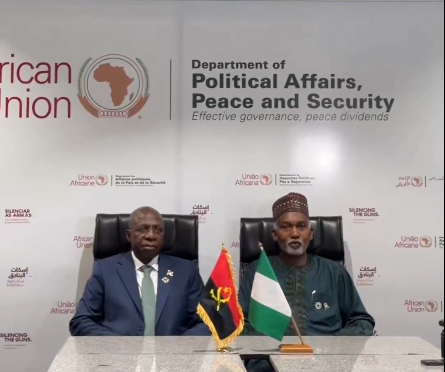

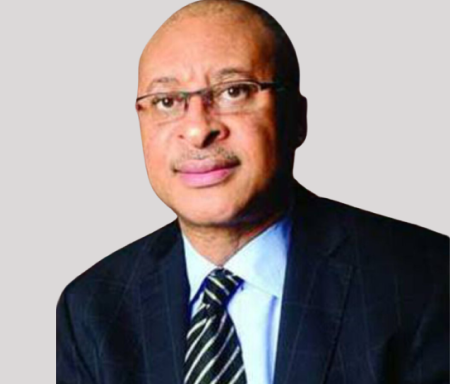
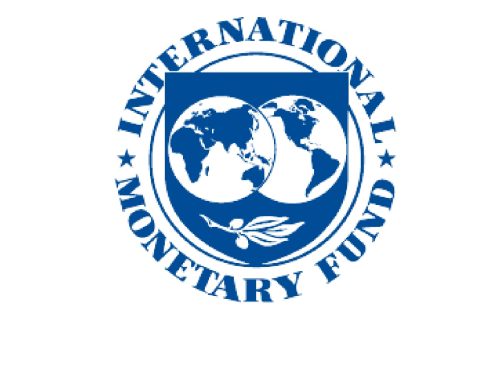
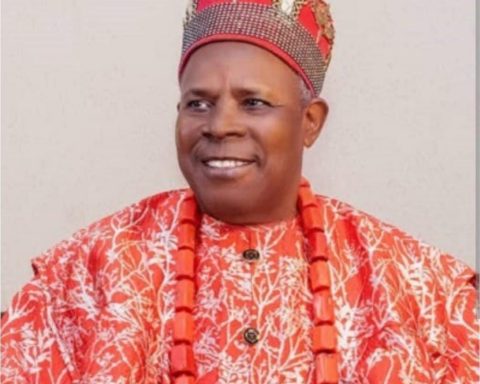
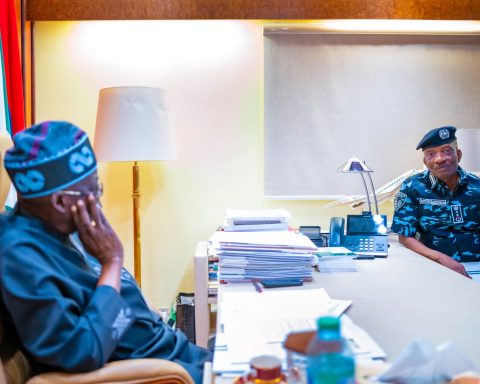

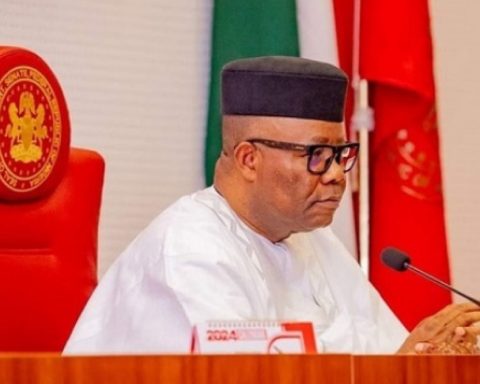

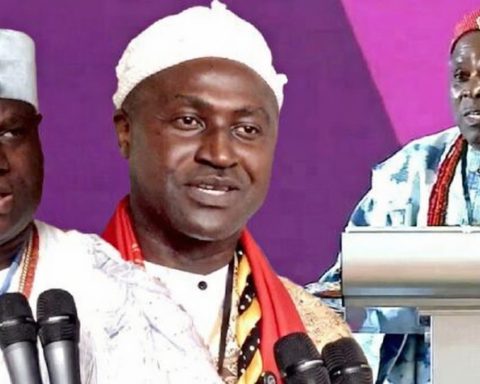
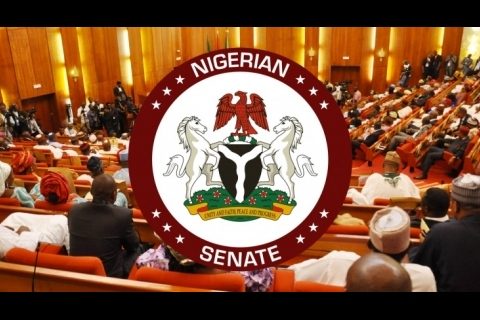


I like this web site very much, Its a real nice place to read and find information.